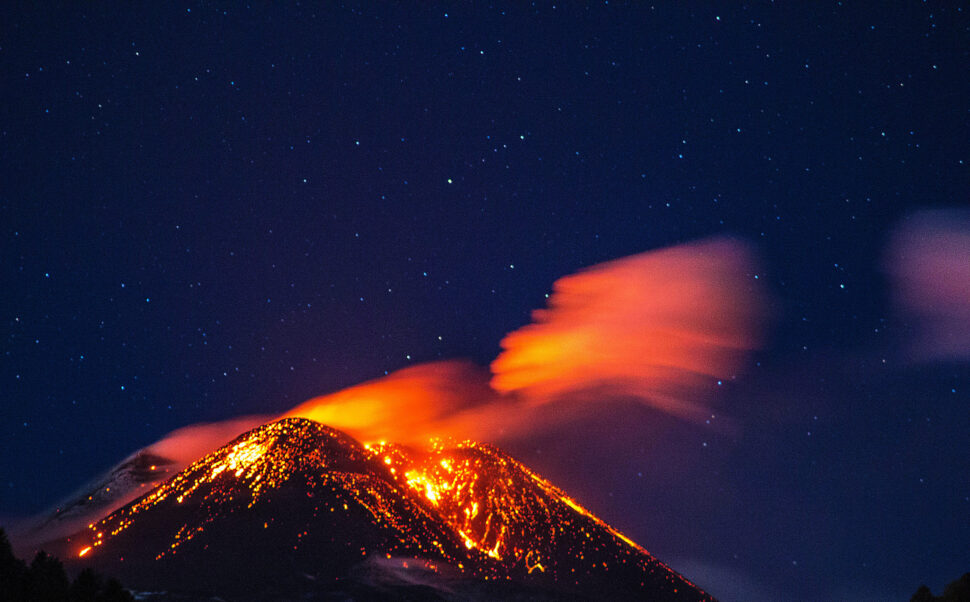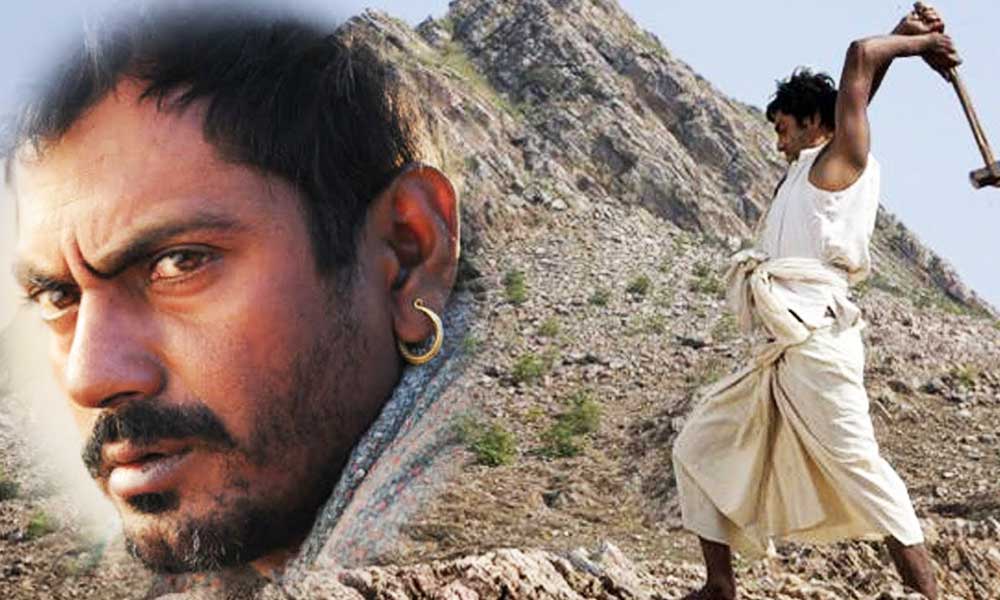Whenever Europe comes to mind it is less possible that anyone can consider about the largest GDP country in the world is the second home of the volcanoes. The most active volcano is the Etna, which makes Europe the epicenter of active volcanoes. Mount Elna erupted on 13th December 2020 with severe lava tremors. After Indonesia, certain parts of attractive Europe suffer from volcanic eruptions.
On another side, Australia has total 150 volcanoes but it does not erupt as they are silent or dead. The volcanoes did not erupt for more than 4000 years. But comparatively, volcanoes are less in Europe but highly active.
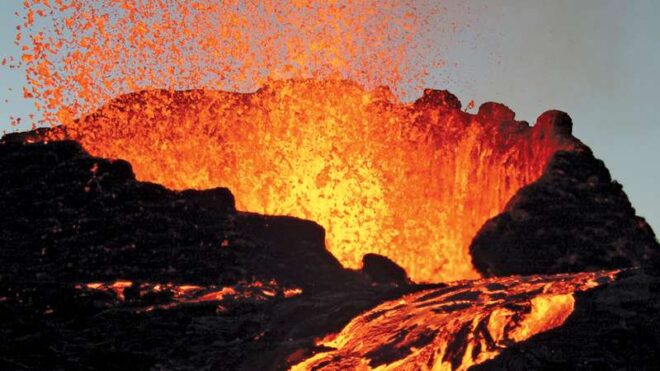
Eruption from Mt Etna
This is a frequent eruption zone that flows with terminals as well as subterminal but it does not create a massive problem. It evolves and cools down quickly so it does not affect the localities of the area. The volcano recently had the eruption of the second-longest but largest active zones. The places are the main place of attractions and so visitors visiting Europe also love to step into these areas.
The flows and marks of the cool lava are one of the main attractions of Mt Etna in Sicily. The collections of the dark lavas are for not years but over centuries.
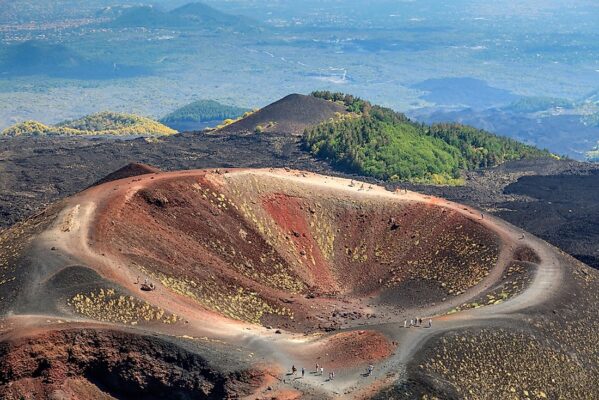
Mount Stromboli, Italy
The mountain is famous as one of the places of attraction for the visitors that evolves but with less exploring severity. The eruptions are the main attractions that may occur every half an hour. So, the guides are present to guide the travelers to view the fire and lava flows. It is of moderate sizes doing no harm to the locality. This active volcano erupts and cools within less time. Regularly travelers travel or trek to the mountains.
Both Kids and adults travel up to the mountain Stromboli but under the guidance of the guides.
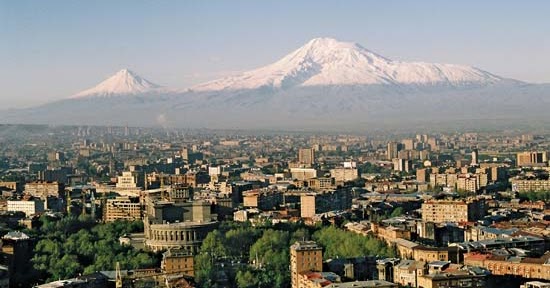
Nisyros Volcano
Located in the southern part of Greece is the Nisyros Volcano. Another active volcano that has a history of evolving quite often. These are the youngest volcanoes of Greece with the age of 15,000 years. It is near Milos island that makes it famous as the island volcano. The eruption is not gentle at all, it ends up causing earthquakes, exhaling gas, rocks, and muds.
The beauty of the place is an attraction for the tourists, they visit the mountains to watch and experience the thermal eruptions.
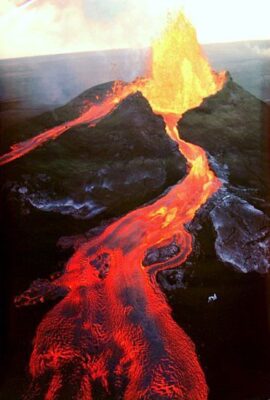
Aegina volcano
Greece is not only famous for the ancient attractions but also for the volcanoes. There are 12 active volcanoes but the most known is the Aegina volcano. The place has low eruption rates but produces basalt andesitic rocks to few rhyo-acidic rocks. The last eruption was in 2007 after which it is the silent volcano. Surrounded by the Saronic islands the Aegina volcano area has the lumps of low forms of lava eruptions.
There are many active volcanoes in Europe, that have turned to become a stunning point for the less flow of eruptions and fast cooling. They cause less or no damages due to their location is far from the habitats.

